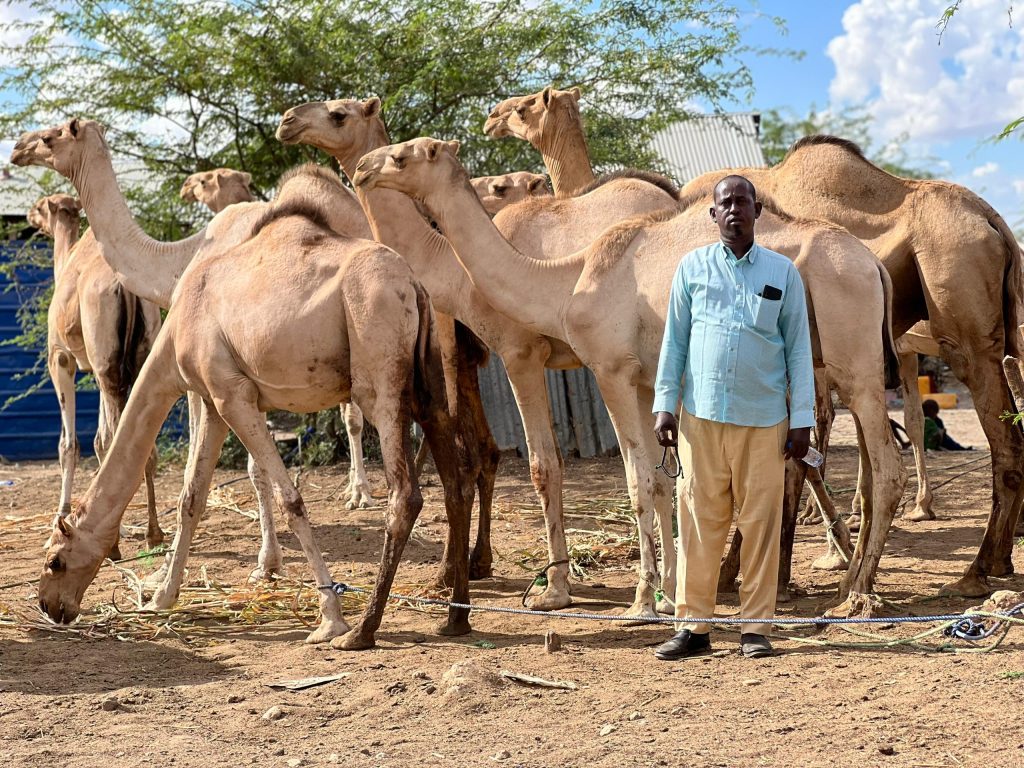Camel milk is a unique


Camel milk is a unique and valuable resource that has been consumed for centuries in various parts of the world, including Somalia. Here are some key aspects and advantages of camel milk:
- Nutritional Value: Camel milk is highly nutritious and offers several health benefits. It is rich in proteins, vitamins (including vitamin C), minerals (such as calcium, iron, and potassium), and healthy fats. It provides a good source of energy and can contribute to a well-balanced diet.
- Digestibility: Camel milk is known for its excellent digestibility, even for individuals who are lactose intolerant. It contains lower levels of lactose compared to cow’s milk, making it more tolerable for people with lactose sensitivity. The unique composition of proteins and fats in camel milk also contributes to its easy digestibility.
- Hydration: In arid regions like Somalia, where water scarcity is a challenge, camel milk serves as an important source of hydration. It contains a high percentage of water, which helps quench thirst and replenish fluids in the body. This makes it particularly valuable for nomadic communities and individuals living in remote areas with limited access to clean water sources.
- Medicinal Properties: Camel milk is believed to possess medicinal properties and has been used in traditional medicine for various purposes. It is considered to have antimicrobial, anti-inflammatory, and immune-boosting effects. Some studies suggest that camel milk may be beneficial for individuals with certain conditions, such as diabetes, autoimmune disorders, and allergies, although further research is needed to fully understand its therapeutic potential.
- Long Shelf Life: Camel milk has a longer shelf life compared to cow’s milk due to its unique composition. It contains natural antimicrobial substances that help preserve its freshness for a more extended period, even without refrigeration. This can be advantageous in regions with limited access to electricity or refrigeration facilities.
- Cultural Significance: In many cultures, including Somali culture, camel milk holds cultural and traditional significance. It is often used in various traditional dishes and beverages, and its consumption is associated with hospitality, generosity, and celebration. Sharing camel milk is considered a gesture of goodwill and plays a vital role in social gatherings and cultural events.
It’s important to note that while camel milk offers numerous advantages, individual experiences and tolerances may vary. As with any food product, it’s advisable to ensure proper hygiene, quality control, and safe handling practices when consuming camel milk or any dairy products.


